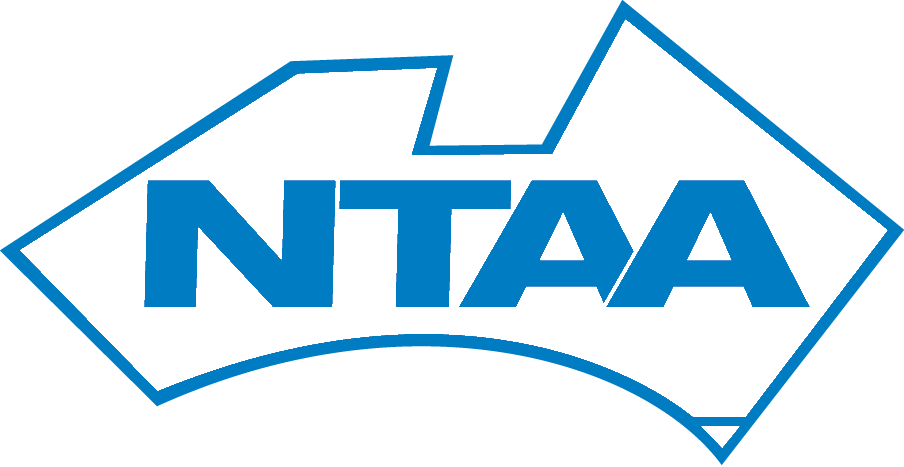As seen in Woopi News December 2021
Starting from 1st November, when an employer starts a new employee, they now need to check if that employee has a ‘stapled’ superannuation fund. So, what does this mean? As part of the Australian Government superannuation reform, your super fund will follow you when you change jobs.
This reform is aimed to prevent people from inadvertently obtaining multiple superannuation fund accounts due to frequently changing jobs and employers setting up default fund accounts where an employee fails to supply them with details.
For employers, this is a positive change as it will streamline the process when obtaining information from a new employee. An employee can still provide an employer with super fund details, and these may be different to the fund they have used in the past. However, now when an employee fails to provide super details to an employer, the employer can use the employees TFN and other personal information to obtain their super fund details via ATO Online Services. If the employee does not have a ‘stapled’ super fund, then the employer should revert to the old methods of using their default fund to create an account for the employee to ensure they meet the superannuation guarantee payment deadlines. Superannuation Guarantee is payable by employers at a minimum quarterly. Super needs to be paid on time or the payment may not be an eligible tax deduction for the employer at tax time. You can check if your employer is meeting their superannuation obligation on your MyGov account or by reviewing your superannuation fund statements.
If you have multiple funds with low balances, no insurances and the contributions are being eaten up by fees, it is easy to consolidate these accounts via your myGov account. Please take care doing this and ensure you don’t close an account that holds a life insurance policy, seek advice from a licenced financial adviser if you are unsure what to do.
Stasha Dunn - StaySharp Accounting
“Liability Limited by a scheme approved under Professional Standards Legislation”









